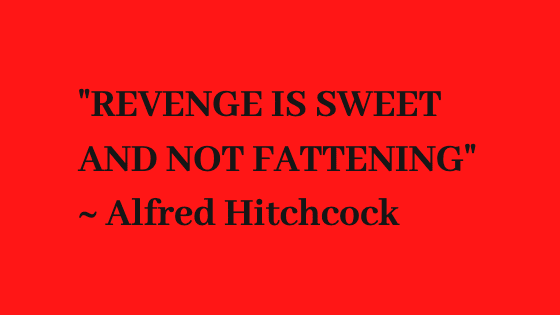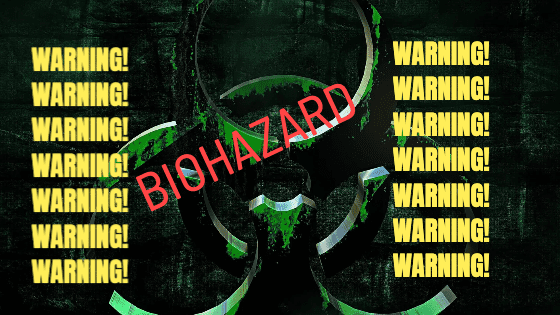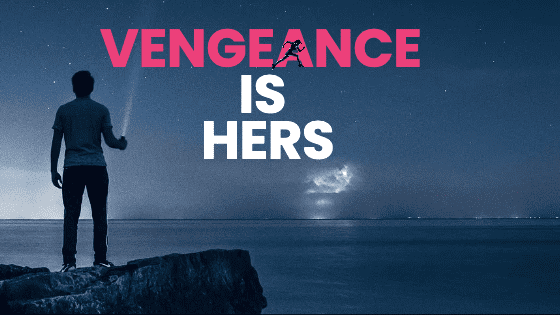Let’s pull back the curtains and open the kimono. What goes into writing a book? I’ll just talk about inspiration and craft here. There are many more moving parts than what I could jam into one post.
- My life. All fiction is autobiographical, from the knife held to my throat when I was a kid to all the other injustices for which I have an eidetic memory.
- Environment. Growing up in Nova Scotia, I was in a target-rich environment for hearing interesting dialogue. My next thriller is set in Maine, and I take great delight in putting fresh spins on familiar idioms. (My dad had a hundred weird expressions. “That smell would drive a dog off a gut wagon,” for instance.)
- My major was journalism, and my minor was philosophy, but I had better chances to feed my work. My first year of university was a survey course called The Foundation Year Program. A unique offering, it’s been described as the history of philosophy or the philosophy of history. FYP seemed to cover everything, from classics of literature to classical music and jazz. I read a lot of stuff I wouldn’t have read otherwise. It was a great opportunity to discover how much I didn’t know. To quote Ted Lasso, “Be curious.”
- University isn’t for everybody, and a decent library would suffice. However, I’d worked for my family’s business since I was thirteen. My main goal was to stay out of the workforce for four years. (University was insanely cheap, then, lest you think me a brat. Besides, I kept up with my studies just fine.) University was best for the gift of time. I used those four years to read, and read, and read. I’d read a lot of science fiction through my teens. Most of my spare time in university went to American writers. I remember reading Truman Capote’s In Cold Blood in one go, only stopping briefly to nap and eat.
- My obsession with reading didn’t stop. Usually, I’ve got ten books going at once, though lately, I’ve turned more to audiobooks as a time management strategy. Everything feeds my work. Astute readers will note the parallels between This Plague of Days and The Stand. William Goldman’s prose was my awakening to how I plot a story to provide delightful surprises to readers.
- Movies. One of my family’s companies was a video store, so I got to watch everything. I love movies and bring that sensibility to my writing. If you think my action scenes are cinematic, that’s probably why. When you’re reading my books, I want to put a movie in your head.
- Wikipedia and assorted trivia. At my last dental cleaning, I blurted some obscure fact to the dental hygienist. She said, “How do you know that?” I know lots of useless factoids. A doctor once asked me if I had medical training. I replied (putting on a Southern accent because I’m funny), “I’m an educated fool, suh! Born to high privilege and of low station, beyond the delightful and obscure, I am otherwise useless to society.” (That didn’t help the psych evaluation, I can tell you!) However, interesting factoids are woven into my narratives, and readers appreciate them.
- I have help. My editor, Gari Strawn, is a gem to whom I am so very grateful. My prime beta reader, Russ, has quite an eye for detail. Last night, he messaged me about whether there are hubcaps on Lincoln Continentals. This morning, he messaged me with suggestions for alternative classic cars the villain could drive in Vengeance Is Hers.
- Anger, humour, and spite. Some people who could have been mentors, more helpful, or at least kind, told me I had delusions of grandeur. Fuck ’em.


















